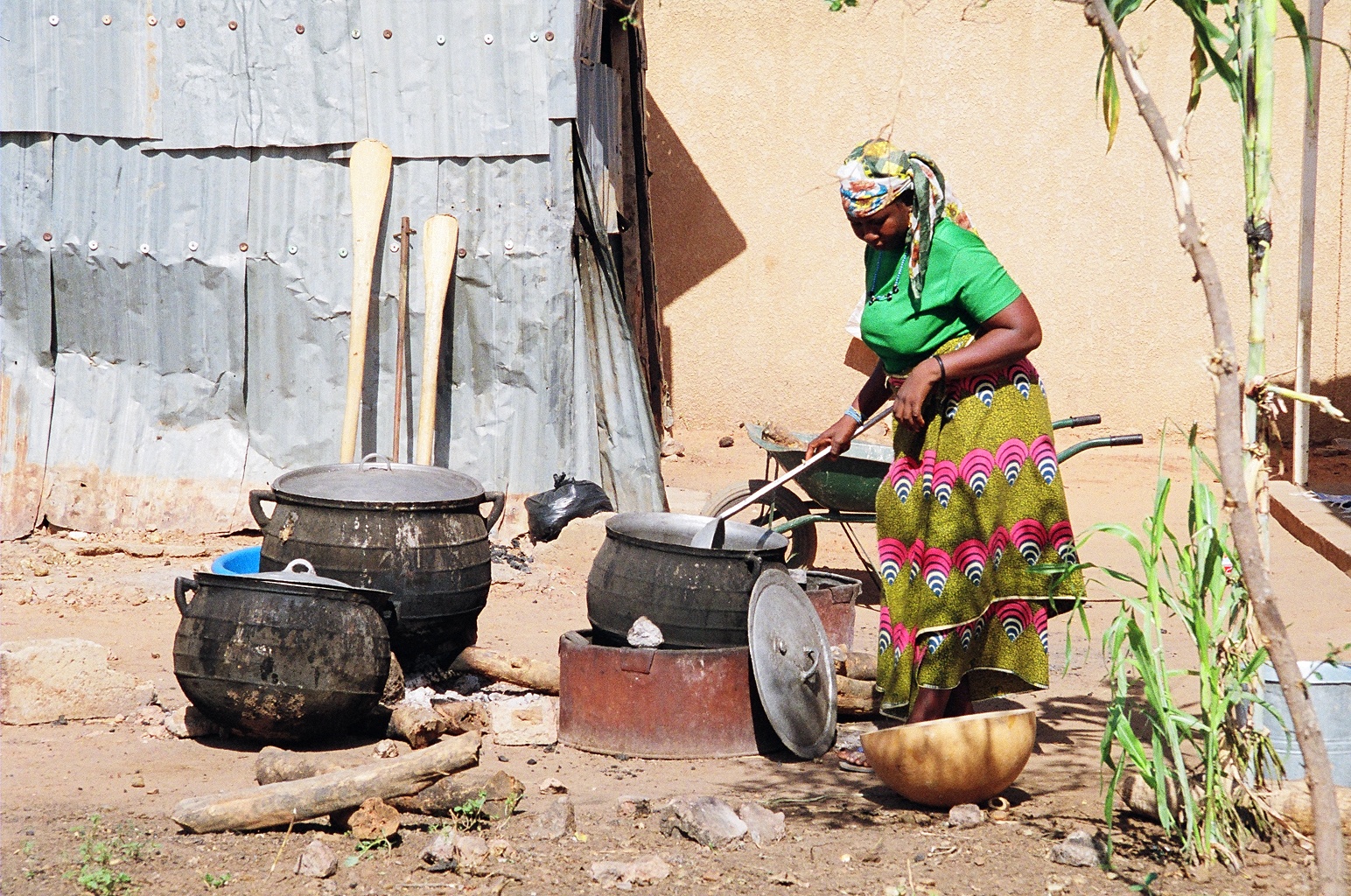December’s trip brought the return of Drs. Rene Genadry, Marypat Fitzgerald, Soo Kwon, Lauri Romanzi, and IOWD’s Nurse/Coordinator Njoki Ng’ang’a. New doctors were Kaytan Amrute, Beatrice Im, Lisa Masinter and anesthesiologist Liz Lugo.
Joining us on this trip were our friends from Dublin, Ireland, Siobhan Bewick and Architects Frances Whelan and Ciaran Corcoran from the well-known firm of Whelan, Corcoran, Smith Swords, Co. Dublin. (Check our Home Page for exciting details)
From a report by Dr. Beatrice Im:
IOWD brings American physicians trained in fistula repair to the National Hospital in Niamey, Niger to help the countless victims of obstetric fistula there. Residents sometimes are invited to come by a physician who is part of the organization to assist in the operating room and evaluation of the fistula patients (I went with our Urogynecologist, Dr. Lauri Romanzi). The patients come from all over the country and even sometimes from neighboring countries like Benin and Mali. Most of these women are poor and ostracized by their communities. Almost all have nearly died in childbirth and (our patients) were the “fortunate” ones who survived. In exchange for their lives they give birth to stillborn children and are cursed with constant leakage of urine. Many women walk from the bush to the capital (either they are too poor to afford transportation or transportation is denied them because the women constantly reek of urine). Before IOWD’s involvement in the Niamey fistula repair program the women would sometimes wait weeks to months to years even for surgery. And during that time period many lived in the hospital courtyard, which is an outdoor space. The hospital does not officially provide them with shelter; the women just have nowhere else to go.
You can hardly imagine that such a thing exists in this day and age of modern obstetrics and gynecology, especially coming from a place like New York City. I first heard about obstetric fistulas 3 years ago and I had wanted to go to help these women ever since. The trip to Niger was humbling. We brought most of our own supplies. My role during the trip as a resident physician was mostly to assist the primary surgeons as well as evaluating patients for surgery. Fistula surgery is difficult because the tissue is so damaged and frankly, a person inexperienced with fistula repair should not primarily be performing the surgery. During our evaluation days and the first surgery day the lights sometimes would go out and not come back for as long as an hour (luckily we were doing only minor surgeries on that day). We sterilized our own instruments with solutions and re-used everything considered “disposable” here. As difficult as it may have been for the surgeons, everything was always much harder for the patients, so there was never any reason for any of us to complain. Despite seemingly adverse conditions we learned to improvise. We learned to use what resources we had to do the best we could for our patients.
The important lesson from this was never to be discouraged by a lack of resources. We could not always help our patients in the ways we wanted but our presence in Niger and the continued presence of IOWD in Niger shows the women that there are people from other countries who are committed to them. The small changes we make are sometimes the small pebbles that start the avalanche. Often it’s the promise of change that is as important as the actual change itself.²
We are proud to announce that as a result of her wonderful experience in Niger, Dr. Beatrice Im has committed to working (for 2 years) in a large hospital in Mwanza, Tanzania. You an be sure that the women of Mwanza will be very fortunate to have Dr. Im providing superb care!!!

